Wildlife photography is one of the most thrilling and challenging forms of photography. It demands speed, long-range capability, durability, and exceptional autofocus. Whether you’re capturing birds in flight or mammals in motion, having the right gear can be the difference between a blurry miss and a stunning masterpiece.
Here’s our list of the best wildlife cameras in 2025, based on image quality, speed, lens compatibility, and value for money.
🥇 Nikon Z8 – Best Overall Wildlife Camera
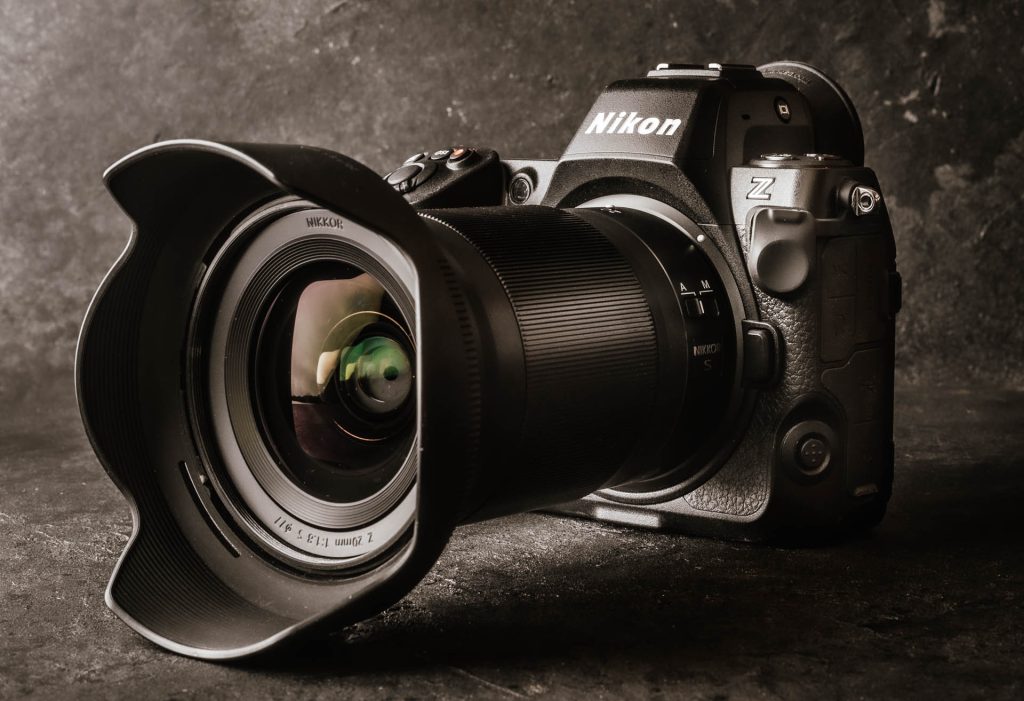
Price: ~$3,999 (body only)
The Nikon Z8 brings pro-level performance in a more compact body than the flagship Z9. It features a 45.7MP full-frame sensor, 20 fps RAW shooting, and top-tier subject tracking for animals and birds.
Pros:
- 45.7MP resolution
- 20 fps RAW burst (120 fps in JPEG)
- Excellent animal eye autofocus
Cons:
- Expensive
Best for: Professional wildlife photographers who want high-end quality and speed.
🥈 Canon EOS R7 – Best APS-C Camera for Wildlife
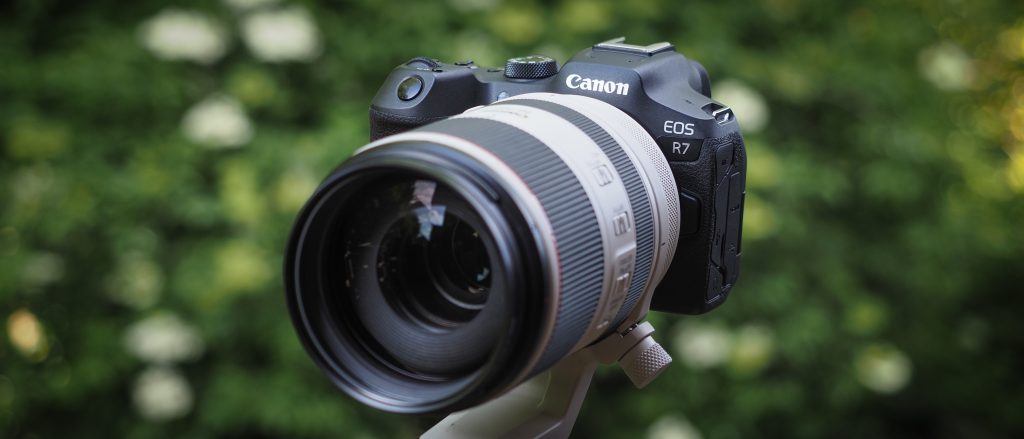
Price: ~$1,499 (body only)
For those on a mid-range budget, the Canon EOS R7 delivers incredible value. Its crop sensor gives you extra reach, and it can shoot up to 30 fps electronically—perfect for capturing fast-moving animals.
Pros:
- Great image quality with crop advantage
- Advanced animal and bird tracking
- 4K 60p video for hybrid creators
Cons:
- Limited native RF-S lens choices (growing)
Best for: Wildlife enthusiasts and YouTubers looking for both photo and video features.
🥉 Sony α1 – Best High-End Mirrorless for Wildlife
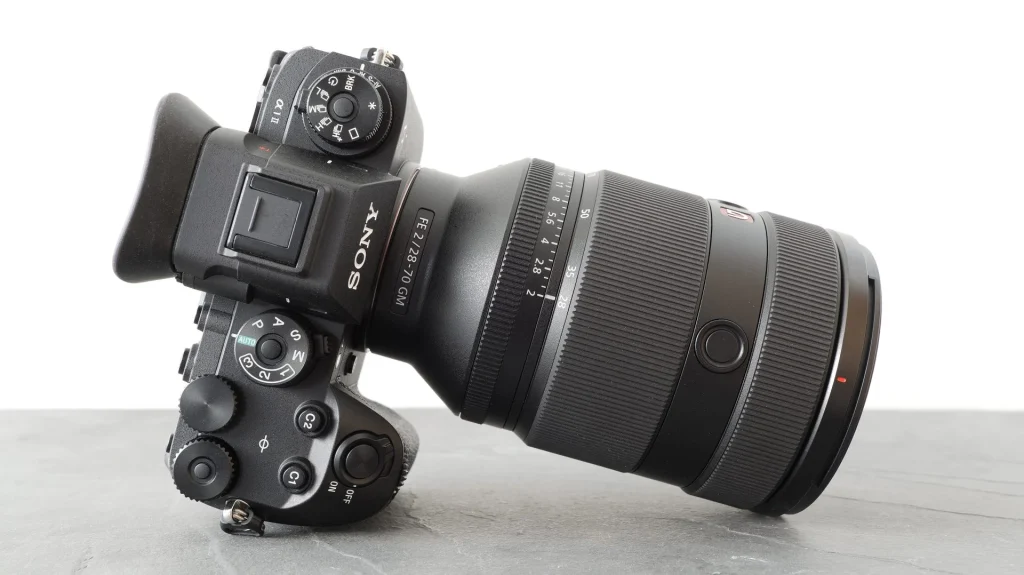
Price: ~$6,499 (body only)
If budget is no issue and performance is your top priority, the Sony Alpha 1 is unmatched. It captures 50MP stills at 30 fps and has elite autofocus and tracking capabilities.
Pros:
- 50MP at 30 fps
- Top-of-the-line subject tracking
- 8K video and incredible detail
Cons:
- Very expensive
Best for: Elite wildlife pros, filmmakers, or documentary creators.
🪶 OM System OM-1 Mark II – Best Micro Four Thirds Option
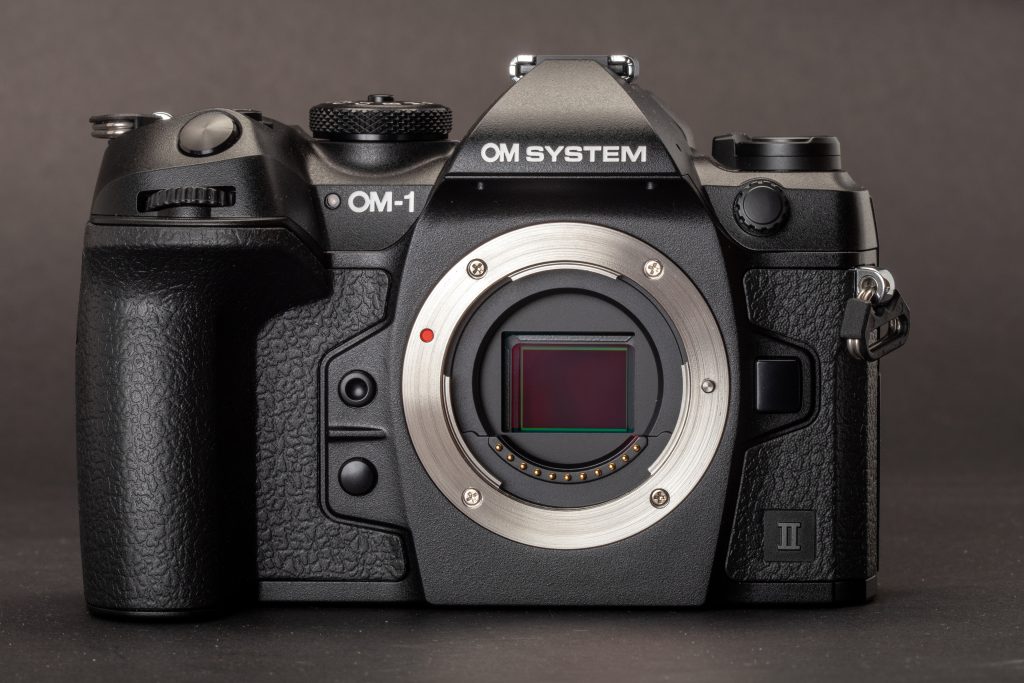
Price: ~$2,399
The OM-1 II is perfect for birders and wildlife lovers who need a lightweight, travel-friendly camera. Despite its smaller sensor, it offers excellent stabilization, weather sealing, and advanced subject detection.
Pros:
- Compact and rugged
- Superb stabilization for handheld superzooms
- 120 fps Pro Capture mode
Cons:
- Lower low-light performance
Best for: Bird photography, travel wildlife work, handheld shooting.
💰 Nikon COOLPIX P1000 – Best Budget Superzoom for Wildlife
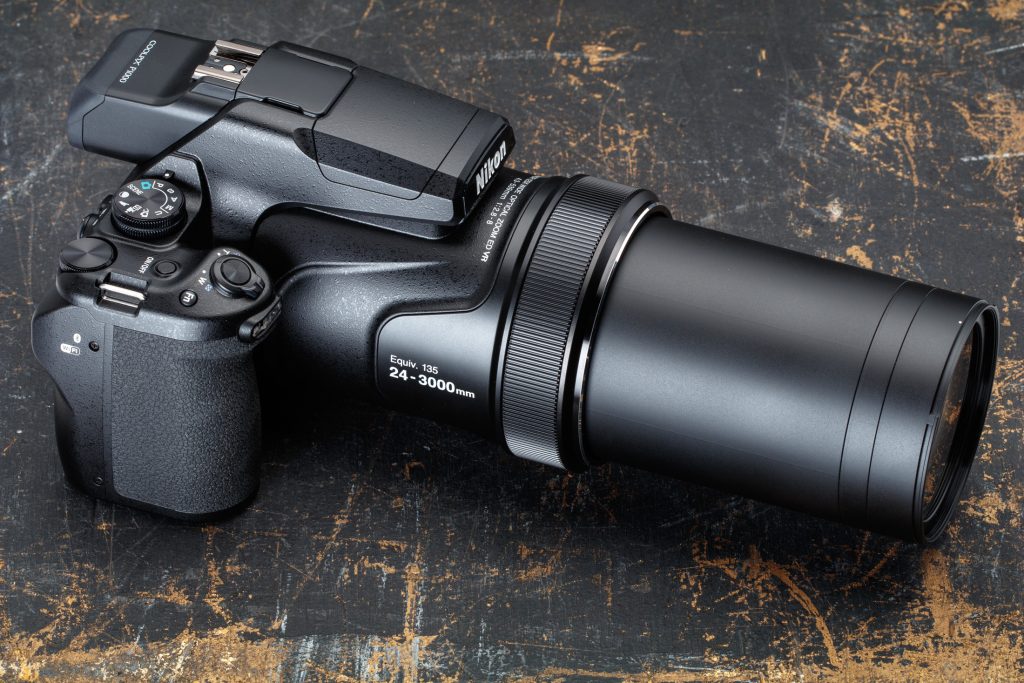
Price: ~$999
The Nikon P1000 features a mind-blowing 125x optical zoom (24–3000mm equivalent). It’s a great entry-level choice for wildlife photography without needing to invest in expensive lenses.
Pros:
- Massive zoom range
- Built-in stabilization
- 4K video and timelapse features
Cons:
- Bulky
- Slower autofocus than mirrorless options
Best for: Beginners or hobbyists who want extreme zoom without changing lenses.
📊 Quick Comparison Table
| Camera | Sensor Type | Burst Speed | Best For | Price |
|---|---|---|---|---|
| Nikon Z8 | Full-frame | 20 fps RAW | Professional wildlife shooters | ~$3,999 |
| Canon EOS R7 | APS-C | 30 fps | Enthusiasts, YouTubers | ~$1,499 |
| Sony α1 | Full-frame | 30 fps | Pro photographers & filmmakers | ~$6,499 |
| OM-1 Mark II | Micro Four Thirds | 120 fps | Birding, lightweight travel | ~$2,399 |
| Nikon P1000 | Compact (1/2.3”) | 7 fps | Budget wildlife photographers | ~$999 |
🌿 Final Thoughts
Choosing the right wildlife camera depends on your skill level, goals, and budget. For pros, the Nikon Z8 or Sony A1 offers unbeatable performance. For enthusiasts, the Canon EOS R7 is a superb value. And for beginners, the Nikon P1000 gives you incredible zoom without needing lenses.
Whichever you choose, remember: in wildlife photography, timing is everything—so pick a camera that helps you stay ready for that once-in-a-lifetime shot.
Happy shooting, and may the wildlife come close (but not too close)! 🐾